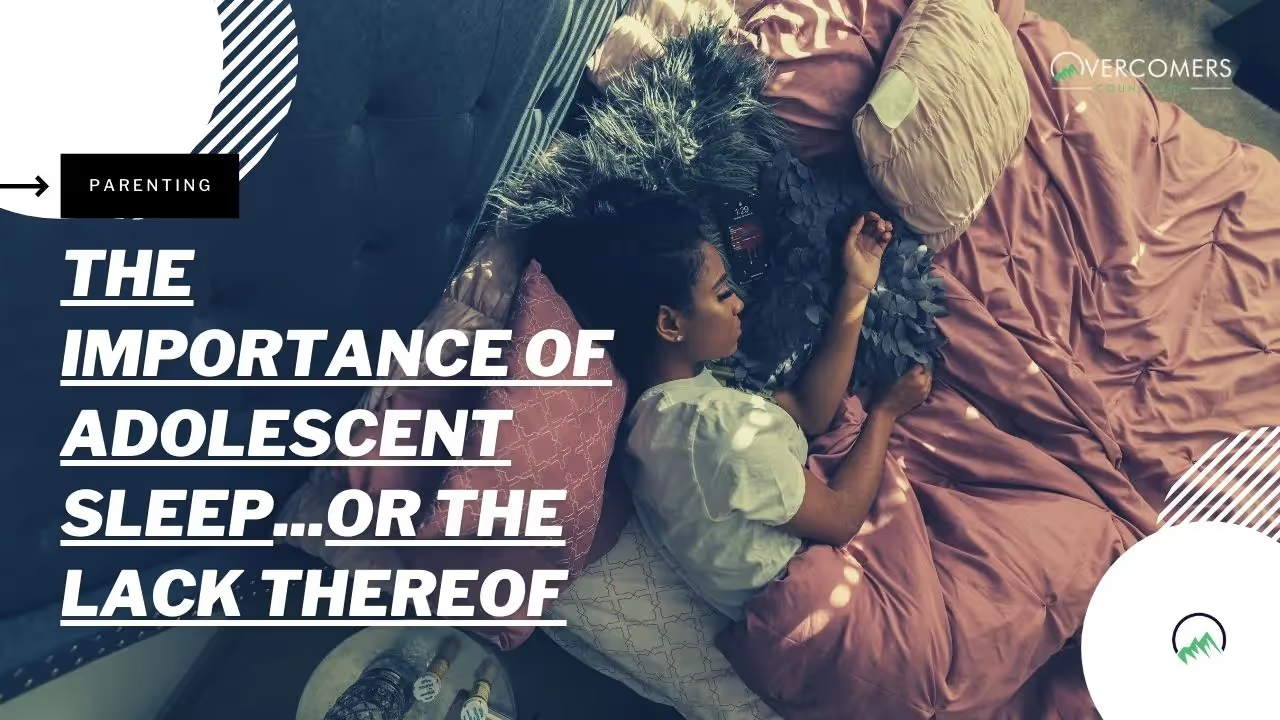You may have noticed a shift in your teen's sleep patterns, as normal as this is, what does it mean and why is it important?As we age our bodies and minds...

You may have noticed a shift in your teen's sleep patterns, as normal as this is, what does it mean and why is it important?
As we age our bodies and minds need varying amounts of sleep.
For teens, hormones that help us fall asleep, are released later than in childhood and adulthood.
Due to the delayed release of melatonin, it's physically more difficult for adolescents to fall asleep sooner, and with early start times at school, this means less sleep. Sleep is pivotal to healthy mental and biological functions.
Thankfully, there are a number of strategies that can help ensure a good night's sleep.
Many of us are familiar with Melatonin.
Like me, you have probably heard of it as a sleep aid; something sold at local drugstores as an over-the-counter, risk-free solution to a poor night's sleep.
However, did you know your body already produces melatonin?
It's a natural hormone secreted by the pineal gland every night as a signal that it's time to go to sleep. In teens, there is a delay in the secretion of melatonin, making it far more difficult to fall asleep at an earlier time.
This is why teens, suddenly, can stay up much later than they could when there were kids.
A lack of sleep here and there isn't the end of the world.
But regularly depriving your mind and body of adequate sleep has adverse effects on both mental health and biological well-being.
Missing out on sleep contributes to irritability, decreased productivity, and a noticeable decline in the ability to maintain focus.
A lack of sleep decreases the activity of the hippocampus thereby inhibiting memory storage and decreases learning retention.
Additionally, it increases gene activity in DNA associated with inflammation, cardiovascular disease, and tumor creation.
Adolescents who regularly lack the sleep they need are at additional risk beyond mood regulation and attentiveness.
According to Wendy Troxel's Tedx talk in 2016, adolescents experiencing trouble sleeping are associated with a 58% increase in suicide attempts, a 38% increase in feelings of sadness and hopelessness per hour of sleep lost, are 55% more likely to use alcohol, and experience driving impairment equal to driving while drunk.
The statistics seem shocking but are the result of repeated deprivation of what sleep offers the body and mind.
Changing school times is rarely an option, but there are several strategies that can help your teens get the sleep they desperately need.
Even if the release of melatonin is delayed, by maintaining a consistent sleep-wake schedule your body will learn and adapt to when it's time to go to sleep- Be Consistent.
Cooler temperatures make it easier to fall asleep and getting the room to ~65 degrees is optimal for a great night's sleep- Keep it Cool.
Mindfulness techniques, such as breathing meditations, are a great way to signal to the body that it's time to relax and settle down for the night. Making it a nightly routine is a great way to reinforce that it's time for bed- Be Mindful.
The last one is going to be tricky, but limiting time spent on screens (smartphones, tablets, TV, etc) will make a world of difference before bed. The light from smart devices stimulates the brain and signals that it needs to continue working to absorb what is on the screen- Hide the Screens for a stress-free sleep.
Among the wide array of stressors and challenges inherent to being an adolescent, sleep is one of the few areas we can make an immediate and important impact.
On average teens sleep less than 7 hours a night (most range between 4-6) when they need between 8 and 10 hours to feel and function at their best.
There is a myriad of detriments that come with a lack of sleep, but by maintaining consistency, keeping it cool, being mindful, and hiding the screens, your teen's health, happiness, and success will be improved, overnight!
No, we provide counseling (talk therapy) and medication management for individuals with Autism or those who may have Autism. However, if you require a formal evaluation involving comprehensive testing, we recommend consulting a Psychologist.